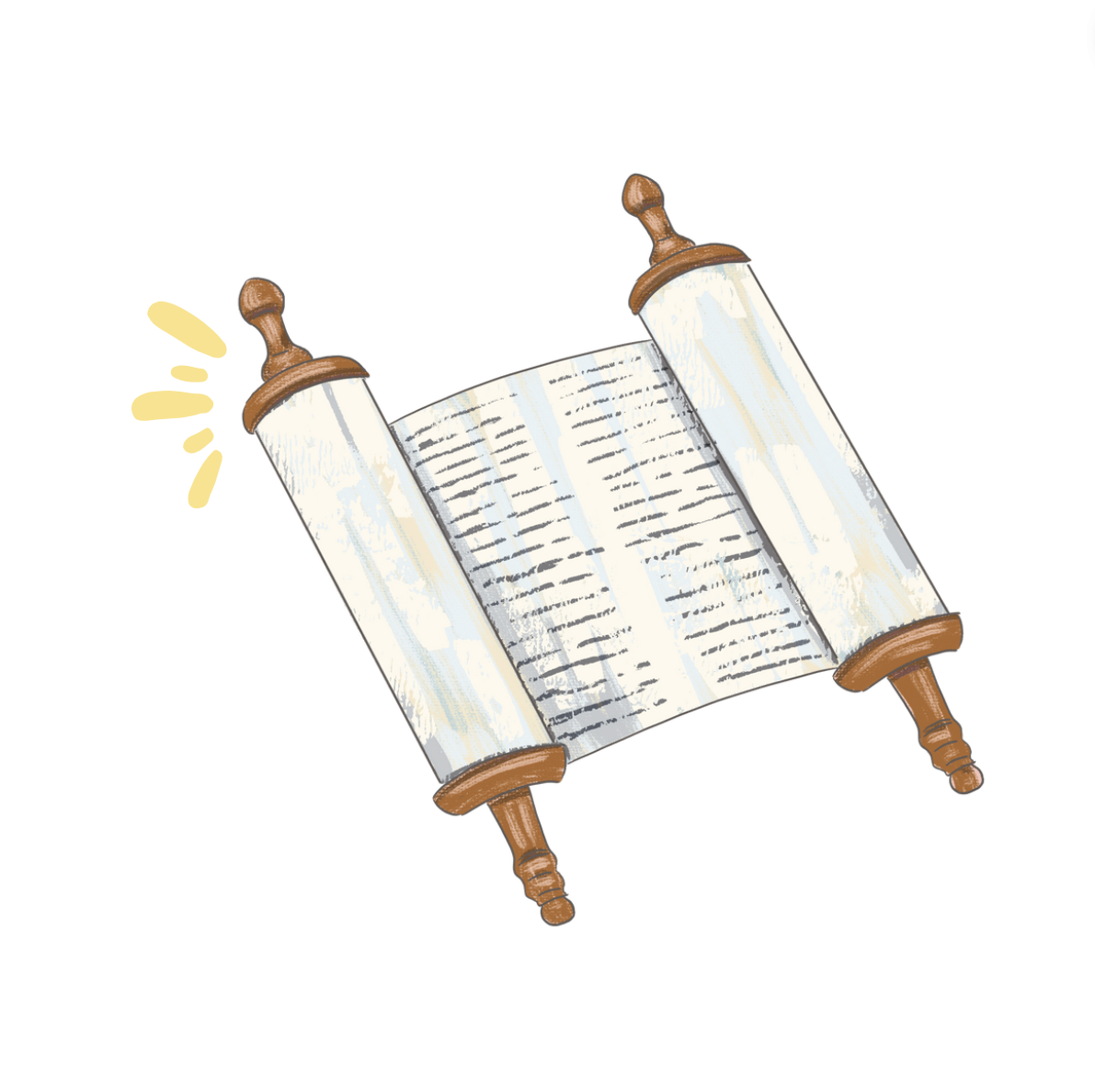Even for those who don’t feel any connection to the British monarchy, or who recognize its many challenges, there was something powerful about witnessing the pageantry and ceremony of the coronation of King Charles III: the elaborate garments, the grand processions, the blasts of the trumpets, the majestic crown. The drama of special rituals reminds us of the human capacity for beauty, nobility, and greatness. Moments like these can be so powerful because they allow us to transcend our individual selves and feel part of something grand.
In this final week before Shavuot, we reflect on the attribute of Malchut, or “Majesty.” Like the coronation of a monarch, Jewish rituals are also deeply powerful and moving. Just as the coronation transformed Charles from Prince to King, so too do Jewish rituals transform us from one state of being to another.
Last week, I had the privilege to witness as Rabbi Jacob underwent two exciting Jewish rituals: his rabbinic ordination and his wedding! In the Torah, Moses transfers his leadership to his successor, Joshua. To transmit authority to Joshua, Moses lays his hands upon Joshua’s head (Numbers 27:18-20). The same ritual of laying of hands takes place during many rabbinic ordinations today. Before the open ark at Temple Emanu-El, Provost Rabbi Andrea Weiss places her hands on the heads on each ordinee, investing them with rabbinic authority and transforming them into Rabbis in the Community of Israel. And at every Jewish wedding, two friends stand underneath the chuppah, and through the exchange of rings, the recitation of blessings, and the breaking of a glass, they become family. These are just two examples of many beautiful and transformative rituals within Jewish tradition.
However, unlike coronation, Jewish tradition teaches that greatness is not a quality reserved solely for a monarch. Instead, a core principle of Judaism is the belief that there is inherent nobility and majesty within all humans.
In the Midrash, Vayikra Rabbah (a narrative interpretation of the Hebrew Bible), the ancient Rabbis share the following story:
Hillel the Elder, who, at the time that he was departing from his students, would walk with them.
They said to him, “Rabbi, where are you walking to?”
He said to them, “To fulfill a commandment!”
They said to him, “And what commandment is this?”
He said to them, “To bathe in the bathhouse.”
They said to him: “But is this really a commandment?”
He said to them, “Yes. Just as the statues of kings…are cleaned and polished…I, who was created in the image of God, how much more so!”
In other words, Hillel affirms that because we are created B’tzelem Elohim, in the image of God, each of us is essentially royal, and we should therefore treat ourselves and others with the dignity befitting a monarch. In our world, which depends so much on hierarchy and rank, this is a radical, countercultural idea. But when we live the value of seeing the Divine spark within all people, we can transform the world into a place of kindness, decency, and even majesty.
Shabbat shalom,
Deena

